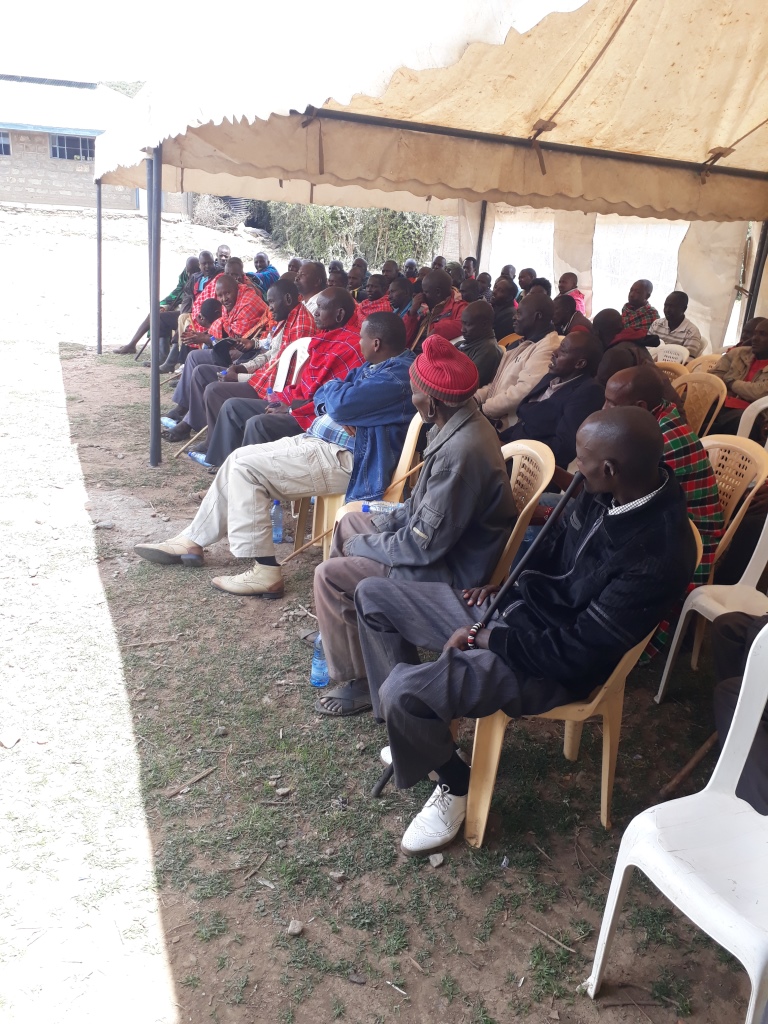

Las comunidades están en el centro de la solución. Son las propietarias de la tierra y tienen los derechos de propiedad sobre ella. El reto es que la tierra en parcelas individuales no es económicamente productiva en los pastizales que bordean los parques nacionales. Cuando las comunidades unen sus parcelas individuales y forman una gran unidad de conservación, ésta se vuelve ecológicamente viable para la conservación y puede sustentar grandes poblaciones de vida salvaje y sus necesidades de hábitat. Estas poblaciones de animales salvajes pueden sustentar actividades turísticas atrayendo visitantes en safaris y expediciones por la naturaleza a un precio superior, ya que es más exclusivo que el de los parques nacionales típicos. Esto a su vez genera ingresos que pueden pagar a los propietarios el coste de no utilizar sus tierras, al tiempo que crea otras oportunidades de subsistencia como el empleo y el apoyo a otros proyectos comunitarios como la educación. El objetivo principal es que las comunidades se hagan a la idea y acepten que colectivamente pueden obtener más beneficios a largo plazo si no vallan o urbanizan sus tierras y las dejan como hábitat de vida salvaje junto con las parcelas de otros miembros de la comunidad.
Debe haber buena voluntad y confianza entre la comunidad y sus dirigentes, por un lado, y la comunidad y los promotores de la conservación, por otro. El marco jurídico debe poder respaldar acuerdos de arrendamiento que garanticen a los propietarios de las tierras la existencia de un recurso legal en caso de litigio.
Las comunidades indígenas tienen consideración por la fauna y flora silvestres y tomarían la iniciativa para su conservación siempre que haya un beneficio tangible. También apoyan las inversiones genuinas basadas en recursos naturales que apoyen la conservación y den soluciones a la pobreza y la degradación medioambiental.
Las leyes nacionales que apoyan el registro de títulos y arrendamientos son importantes, ya que descentralizan la toma de decisiones de los gobiernos nacionales a los propietarios individuales de la tierra, que pueden entrar libremente en negociaciones con las entidades de conservación. Esto facilita la toma de decisiones y capacita a las comunidades para tomar decisiones que les afectan.